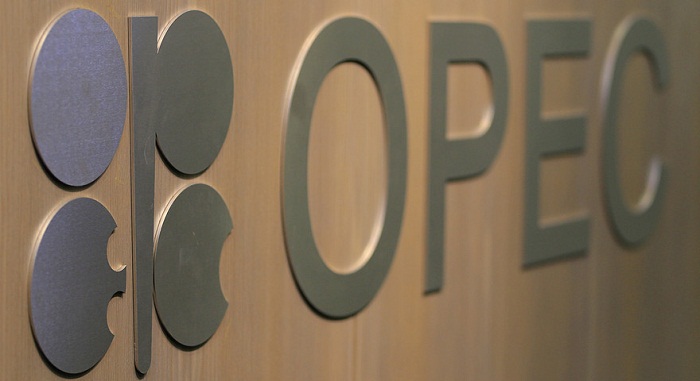Amid the sharply falling prices, divisions inside the Organization of the Petroleum Exporting Countries have become more public. A number of cash-strapped members highly dependent on oil revenue—such as Nigeria and Venezuela—have forcefully pushed for the group to take more action. Nigeria issued its clearest call last week for an emergency meeting of the cartel.
But the group’s most important members, Saudi Arabia and its Arab allies along the Persian Gulf, have resisted any move without broader cooperation from non-OPEC members, especially Russia. Saudi Arabia in late 2014 convinced OPEC to forgo its traditional role of ratcheting down production to bolster prices. It maintains that OPEC alone can’t support prices, and the kingdom isn’t willing to sacrifice its own global market share to other producers unwilling to cut.
Oil traders drew some cheer Tuesday from remarks by Iraq’s oil minister, who said there are signs that Saudi Arabia and Russia are becoming more flexible in considering production cuts to help stabilize crude prices.
“We have seen some flexibility from the brothers in Saudi and a change in tone from Russia,” Iraqi Oil Minister Adel Abdul Mahdi told reporters on the sidelines of the conference. He said that Iraq was willing to cooperate on production cuts but stressed that other producers, including those outside OPEC, needed to do the same.
“We can see some flexibility but this should finalized and we should hear some solid suggestions coming from all parts,” he said.
The remarks helped push oil prices above $30 a barrel Tuesday as traders speculated that large producers might be more willing to cut production, which could alleviate the global glut of crude.
Light, sweet crude for March delivery settled up $1.11, or 3.7%, at $31.45 a barrel on the New York Mercantile Exchange. Brent, the global benchmark, settled up 4.3% at $31.80 a barrel on ICE Futures Europe.
But Kuwaiti officials said Tuesday they were girding for low oil prices for some time to come. Mr. Saleh, who also is the country’s finance minister, said Gulf producers will continue investing in expanding its production capacity, regardless of the price. He said Kuwait will now base its fiscal budget on a price of oil around $25 a barrel, down from $45 a barrel approved in July.
Low oil prices are the “new reality,” said Ali Rashid Al-Jarwan, chief executive of Abu Dhabi Marine Operating Co., an oil production and service firm that is majority-owned by state-controlled Abu Dhabi National Oil Co.
The day before, the chairman of Saudi Arabian Oil Co., known as Saudi Aramco, the world’s largest oil producer, said that his country could weather the low prices for “a long, long time.”
In one of the most bearish forecasts coming from an OPEC official so far, Kuwait’s top OPEC representative, Nawal al-Fuzaia, said she expects crude prices to remain low this year and trade no higher than between $40 and $60 a barrel through 2020.
“Prices will be higher than the current levels between 2020 until 2030,” Ms. Fuzaia told reporters here. “But from now until 2020 the situation will be difficult.”
OPEC said in its closely watched annual World Oil Outlook, published in December, that it expects the price of its basket of crudes to rise to $70 a barrel in 2020 and $95 a barrel in 2040. OPEC’s basket typically trades modestly lower than international benchmark prices.
‘Prices will be higher than the current levels between 2020 until 2030. But from now until 2020 the situation will be difficult.’
“OPEC is willing to cooperate with producers outside the group if they show that they are serious about cooperating with OPEC,” Ms. Fuzaia said. “Non-OPEC producers keep on making statements that they are willing to cooperate but the reality is different.”
“Look at the Russian production, how it is increasing from last year,” she said. “Look at the United States—they are releasing crude-oil exports, while the prices are declining. And look at the others, like Latin America. All are looking to increase their production. So OPEC is looking for the cooperation.”
The top executive at Saudi Arabia’s state-oil giant, however, said Tuesday he expects oil prices to pick up by the end of this year, as high-cost production exits the market amid today’s low prices.
“Our prediction is that we’ll see some adjustment, but it will happen toward the end of this year,” Amin Nasser, chief executive of Saudi Aramco, told a business conference in Riyadh.
Mr. Nasser didn’t specify which level he thought prices would reach by the end of this year, but said they won’t be “what we have seen in 2014 and 2015, which was $100—but it will be adjusted. It definitely will be better than what we are seeing today.”
More about:
















































